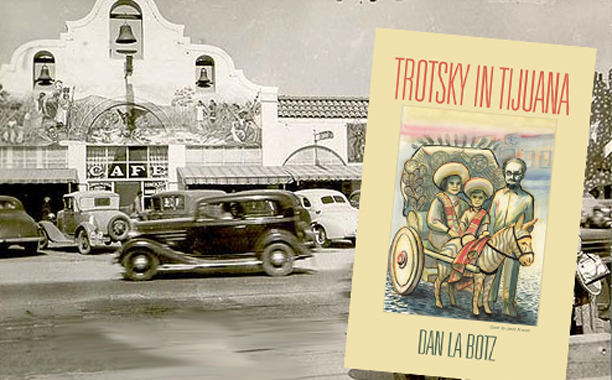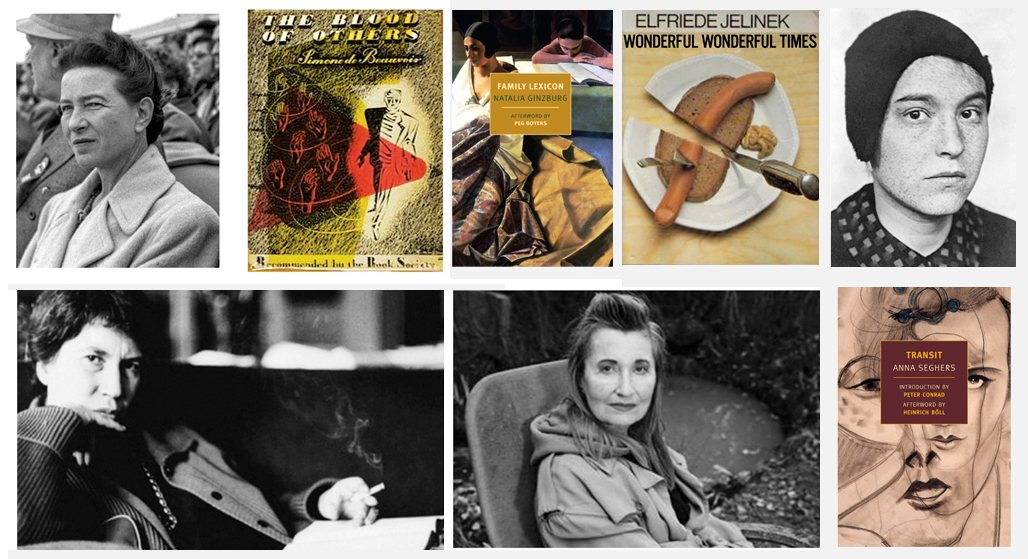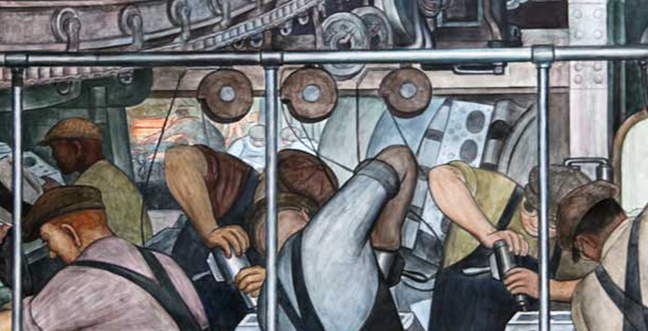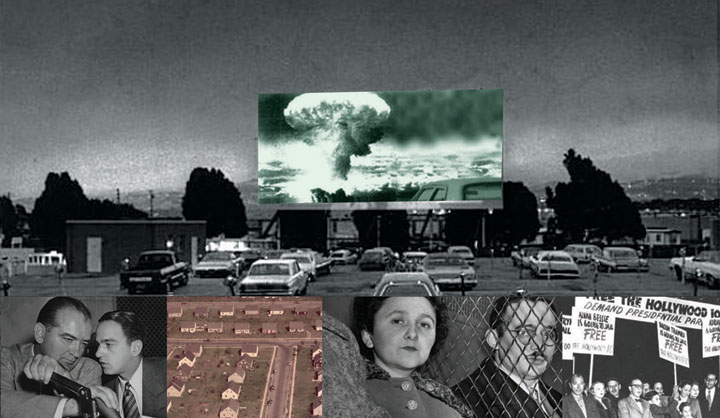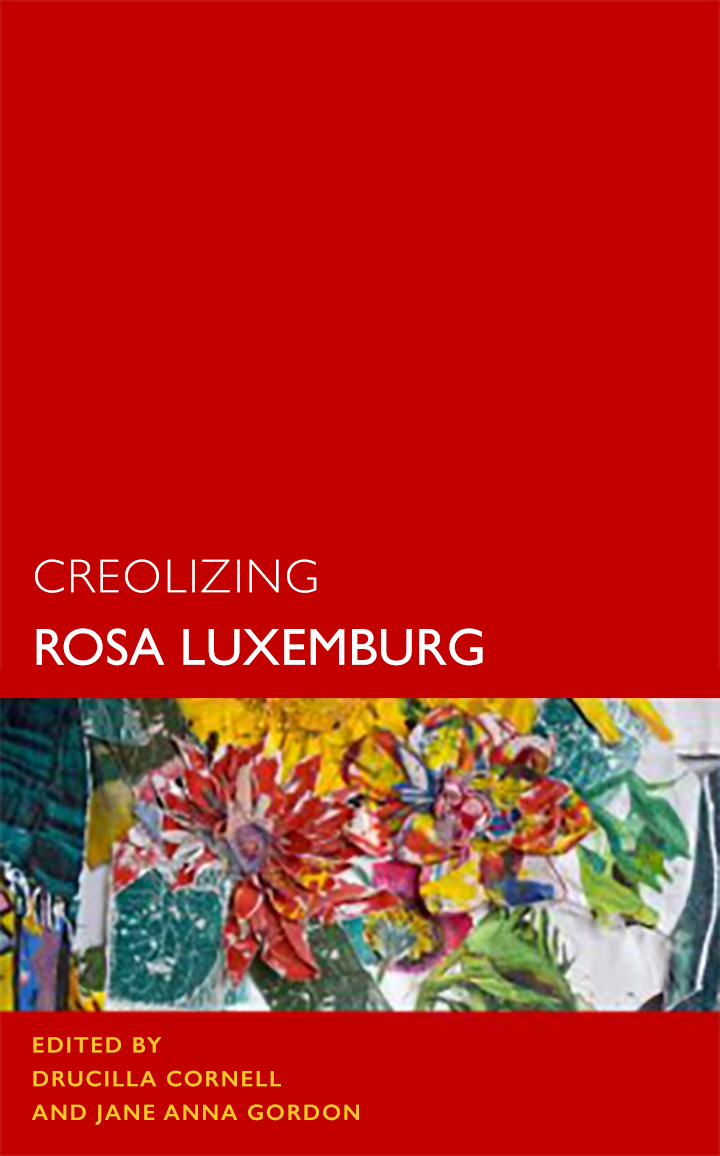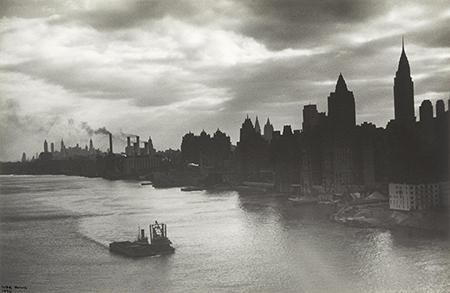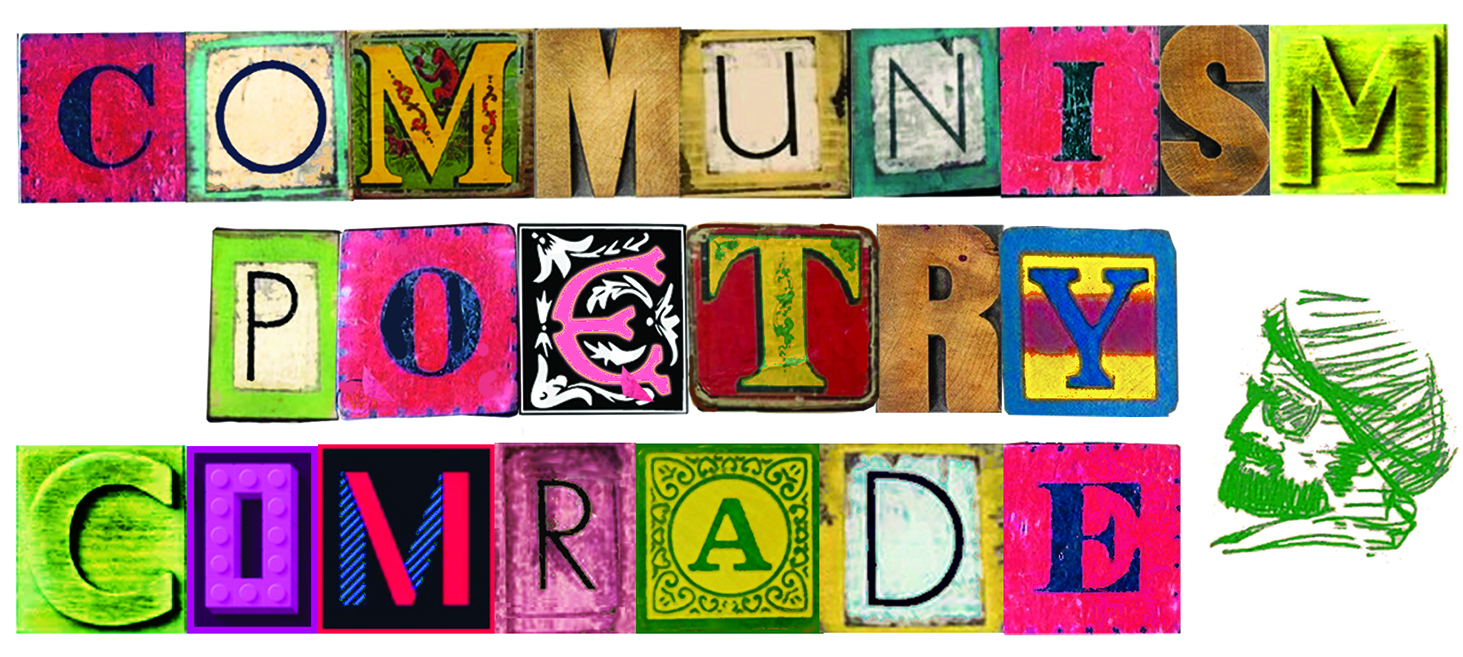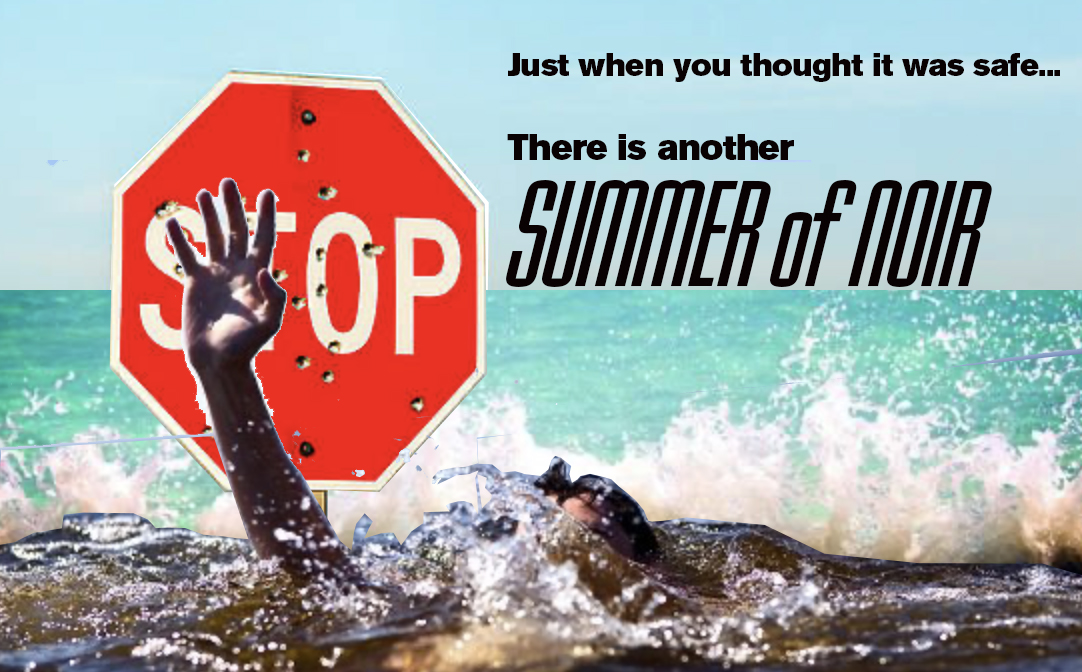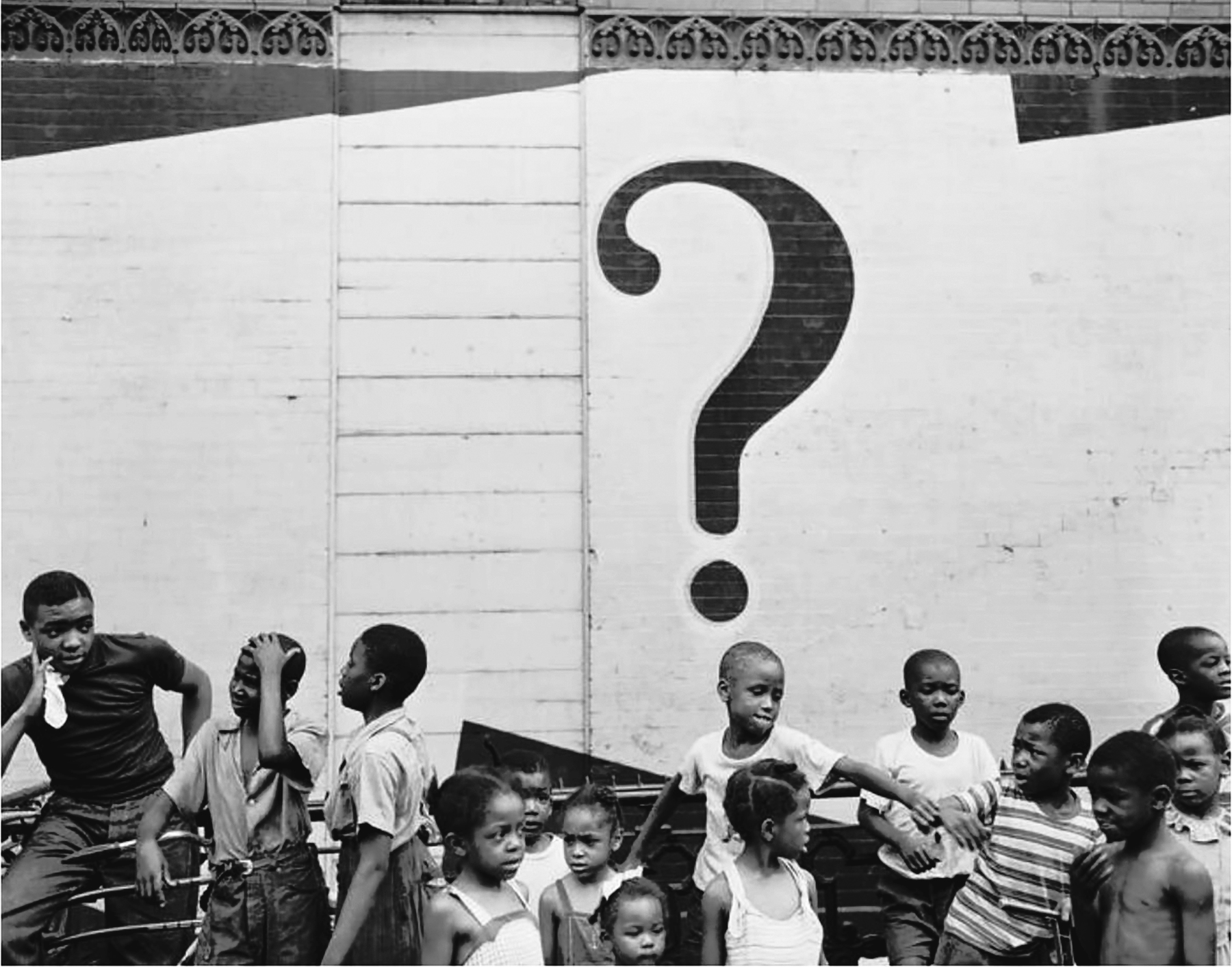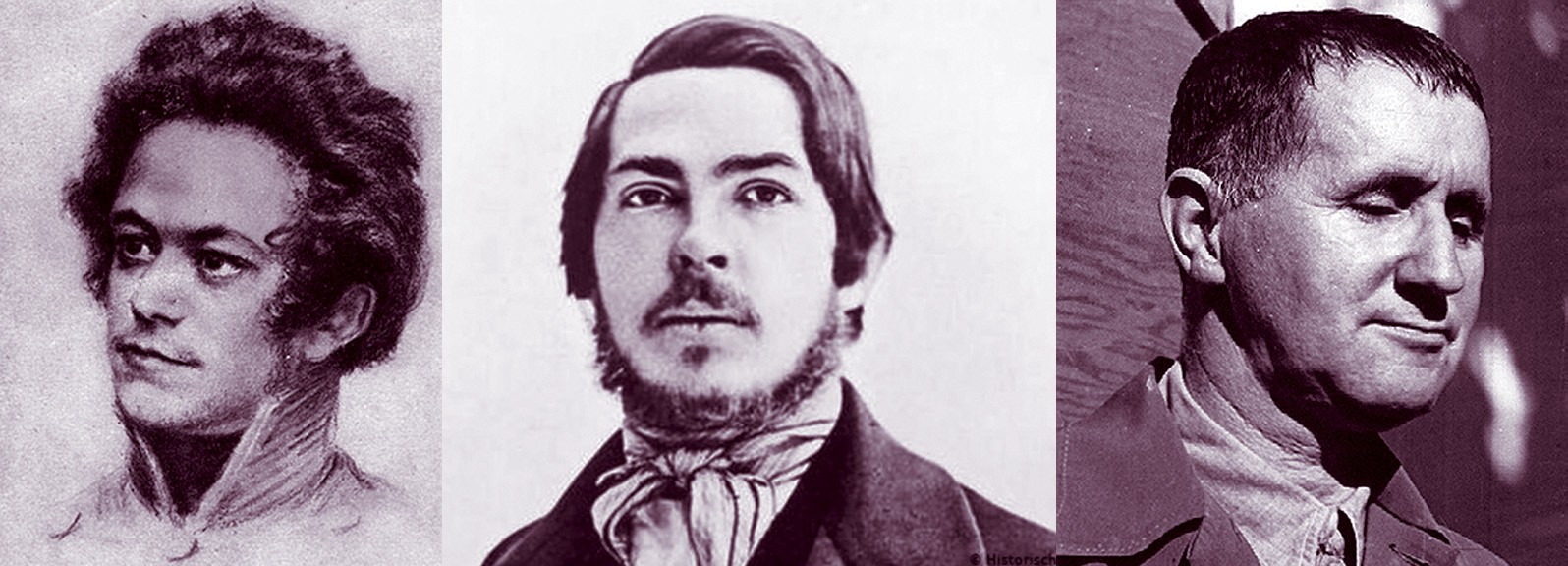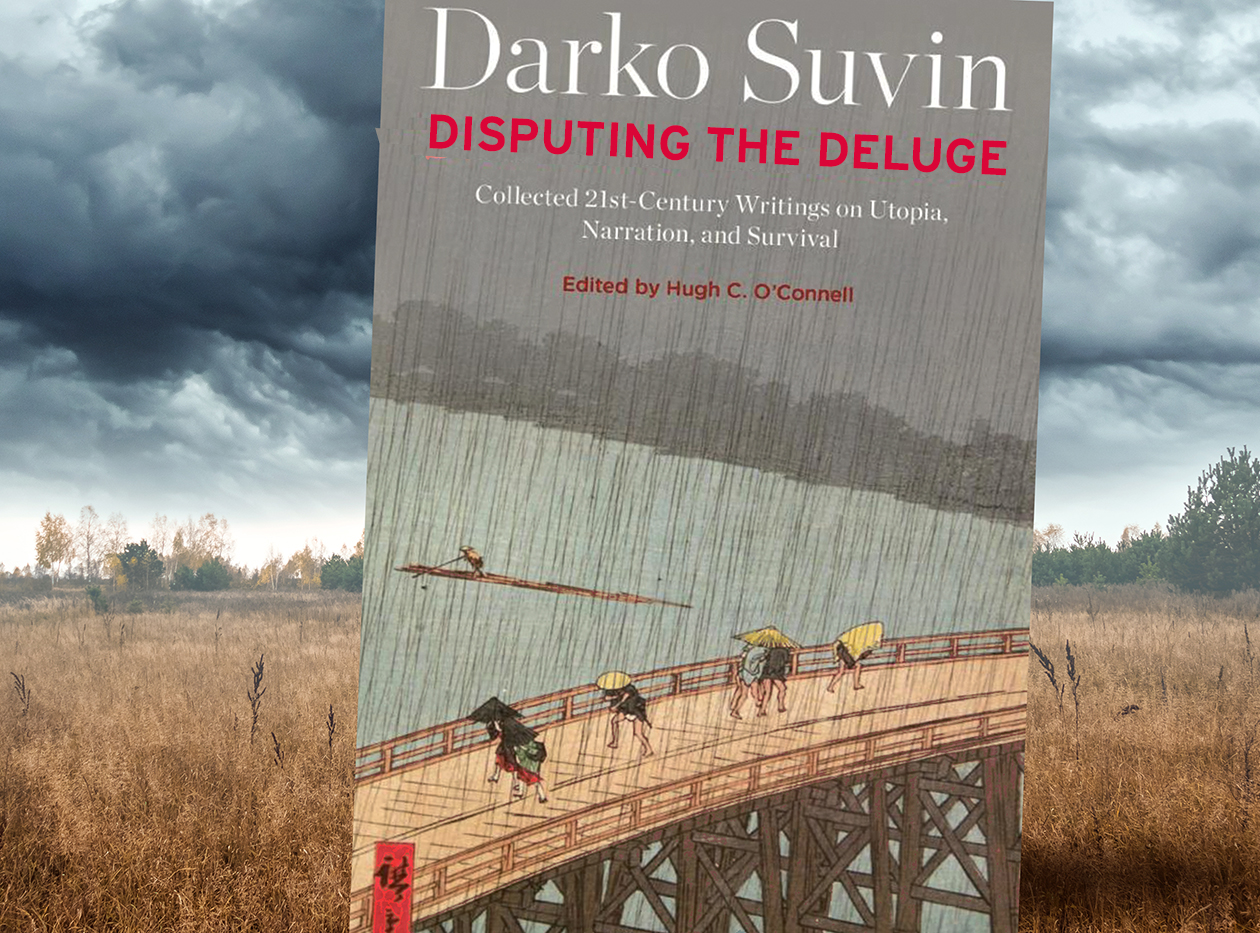Literary Studies
Multi-Month Pass: Now through Dec 31, 2020
All VenuesFor a one-time sliding scale fee of $150, $200, or $250 attend any and all classes and events of The Marxist Education Project. For $50 more ($200, $250 or $300) bring a guest as often as you would like to the classes, films and events between now and May 31, 2021.
Trotsky in Tijuana: A new novel by Dan La Botz
Online: Zoom link will be provided to registered participantsWho was the Russian revolutionary Leon Trotsky? What did he believe and do? What was his legacy? Dan La Botz’s new novel. Trotsky in Tijuana, examines these questions in fiction.The novel’s premise is that Trotsky was not assassinated in August 1940 but survived and was relocated to Tijuana where he lived on until 1953 dying on the same day as his rival and political opponent Joseph Stalin.
Women Write Against Fascism
Online: Zoom link will be provided to registered participantsWe will look at themes around resistance and collaboration. Beauvoir and Ginzburg write of the period occupation by the Nazis in Vichy France and the period of Mussolini's fascist dictatorship in Italy, while Jelinek's Wonderful Wonderful Times describes the lingering effects naziism had during the years of recovery from the fascist years in Austria in society and within a family.
4 Month Pass:
All VenuesFor a one-time sliding scale fee of $100, $150, or $200 attend any and all classes and events of The Marxist Education Project. For $50 more ($100, $150 or $200) bring a guest as often as you would like to the classes, and events between now and May 31, 2021.
M.A.D. Lit 101: American Fiction and the Cold War
Online: Zoom link will be provided to registered participantsA reading and discussion of three substantive novels that explain the context of anti-communism as it raged in the years immediately following World War II, has continued throughout the decades since then, and remains strong throughout American culture and popular consciousness today.
Working Class Cinema in the Age of Digital Capitalism
Online: Zoom link will be provided to registered participantsWhy does the story of cinema begin with the end of work? Is it because, as has been suggested, it is impossible to represent work from the perspective of labor but only from the point of view of capital, because the revolutionary horizon of the working class coincides with the end of work? After all, the early revolutionary art avant-garde had an ambiguous relationship with capitalism: it provided both a critique of commodification while also reproducing the commodity form.
Jesus Christ: Prince of Peace or King of Swords with Shane Mage
Online: Zoom link will be provided to registered participantsThe Gospels...have absolutely no presumptive value as history. But neither are they pure fiction despite the patent absurdity of the whole Christian theology built upon them and their obviously falsified passages (especially the blood-libel of Jewish Deicide) designed to justify the inherently antisemitic nature of that Christian theology.
Creolizing Rosa Luxemburg: Reconsidering Primitive Accumulation
Online: Zoom link will be provided to registered participantsThis session will be devoted to engaging with Rosa’s pivotal reworking of the concept of primitive accumulation, with attention to historical and contemporary South Africa, medieval European race-making and its legacies, and contemporary commodification of women’s reproductive labor.
New York City and the Experience of Modernity
Online: Zoom link will be provided to registered participantsThis is a seminar about New York City and its people. It is not a study of architectural styles and objects, - although the physical stuff of cities does play a role -, but it is a course about the experience of the way in which modernity builds and destroys cities.
Modernity is a historical force. It is messy. In architecture history modernity is usually narrated as an interplay between the combined forces of the Industrial Revolution and capital, with social upheaval, explosive population growth and immigration as its result...
Matters of State: Literature & Espionage
Online: Zoom link will be provided to registered participantsWHY SPY NOVELS? Spy novels emerged as a distinct genre around the time of World War I, coinciding with the creation of formal intelligence agencies in many countries. This was a period characterized by heightened concern on the part of rulers about national security, imperial strength, and the impending conflict of the Great War. Spy novels from the early twentieth century reflect these concerns, and generally feature secret agents and seemingly realistic tales of international intrigue. With the rise of fascism, spy novels shifted their focus to examine the dynamics of political movements within individual states, assessing their threats to the stability of the international political order. In these stories, the anxiety over the powerlessness of the individual is assuaged by the resourcefulness and ultimate success of exceptional or lucky individuals in confronting such harrowing problems as war, nuclear proliferation, and terrorism.
Darko Suvin: Communism, Poetry, Comradeship—a celebratory reading and discussion
Online: Zoom link will be provided to registered participantsDarko Suvin will appear on the eve of his 91st birthday via an international video conference presented by The Marxist Education Project, in celebration of a life of communism, poetry, comradeship and all that goes into a life well-known for commitment to all of this and more. Readings and discussion: A selection of poems from Darko’s more than 40 years of writing poetry along with sharing memoirs of many more years of vigorous engagement while active in the multiple forms of struggle for communism from continents the world over that Darko has called home, will all be part of this mid-summer celebration a life of comradeship.
Fifth Summer of Noir: Last session this week (Derek Raymond and Denise Mina)
Online: Zoom link will be provided to registered participantsFor the last four summers, the MEP Literature Studies Group has delved into a wealth of noir fiction. This year our six selections will take us deep into the underbelly of capitalism – good for reading at the beach, on the subway, a train, boat or plane, or in your favorite reading chair safely at home. Join in for the last two books.
New York City and the Experience of Modernity, Fall session
Online: Zoom link will be provided to registered participantsIn the year 1877, the signals were given for the rest of the century; the black would be put back; the strikes of white workers would not be tolerated; the industrial and political elites of North and South would take hold of the country and organize the greatest march of economic growth in human history. They would do it with the aid of, and at the expense of, black labor, white labor, Chinese labor, European immigrant labor, female labor, rewarding them differently by race, sex, national origin, and social class, in such a way as to create separate levels of oppression – a skillful terracing to stabilize the pyramid of wealth.” —Howard Zinn
This is a seminar about New York City and its people. It is not a study of architectural styles and objects, - although the physical stuff of cities does play a role—but it is a course about the experience of the way in which modernity builds and destroys cities.
Brecht’s Communist Manifesto Today!
Online: Zoom link will be provided to registered participantsBrecht closes his Manifesto replying to Marx and Engels closing line in their Manifesto, “The proletarians have nothing to lose but their chains. They have a world to win,” by answering, “How may the workers break their own class chains? Only by breaking everybody’s chains.” Marx once said that there are historical moments when the working class must gain class-consciousness and become historical subjects. We are at just such a historical moment. Are we up to the task?
Disputing the Deluge with Darko Suvin joined by Editor Hugh O’Connell and special guests
Online: Zoom link will be provided to registered participantsDarko Suvin’s writings from the early 2000s investigate the function of literary genres and reconsider the relationship between science fiction and fantasy, the essays collected here highlight the value of science fiction for grappling with the key events and transformations of recent years. Suvin’s interrogations show how speculative fiction has responded to 9/11, the global war on terror, the 2008economic collapse, and the rise of conservative populism, along with contemporary critical utopian analyses of the Capitalocene, the climate crisis,COVID19, and the decline of democracy. This collection allows new generations of students and scholars to engage directly with his work and its continuing importance and timeliness.


